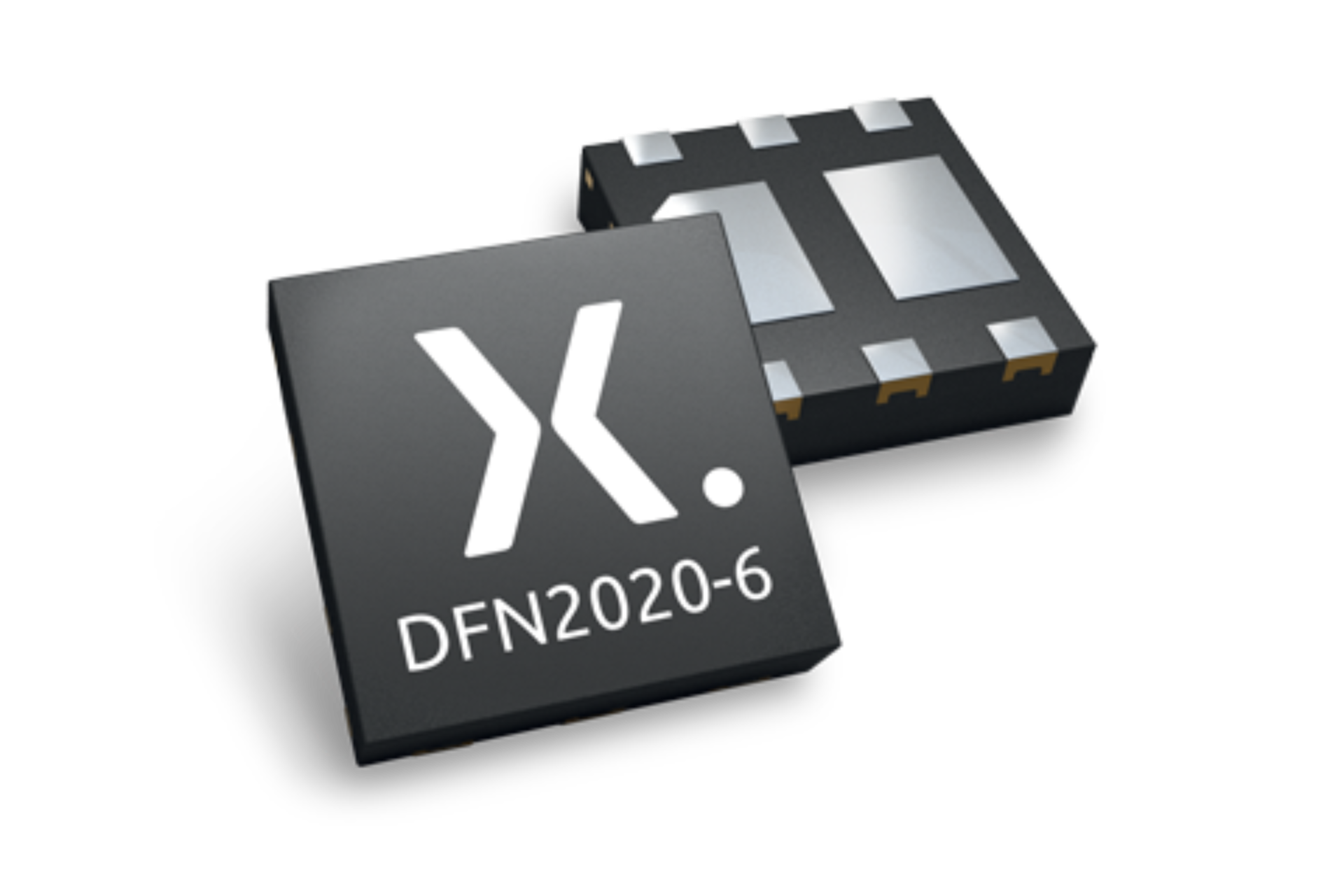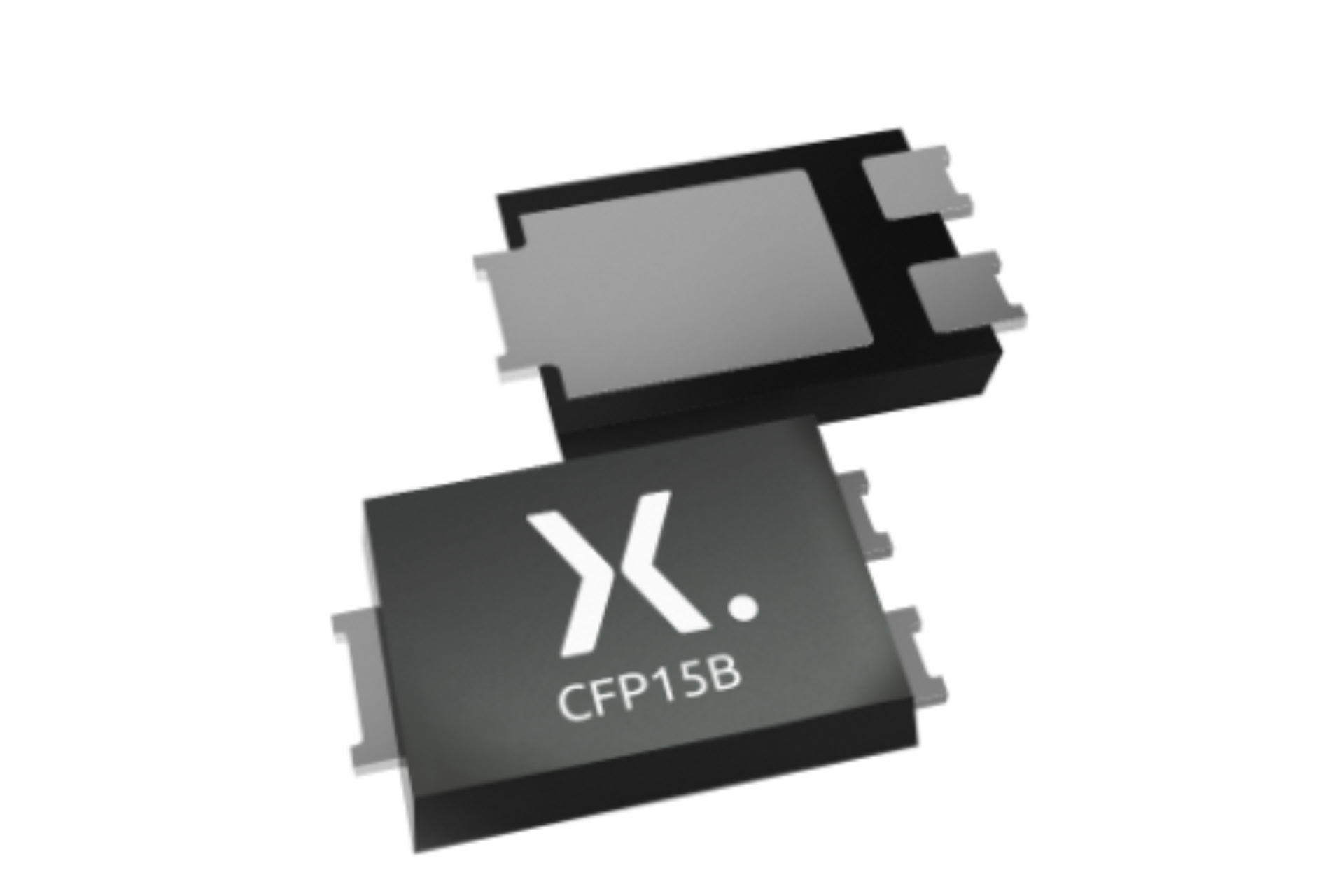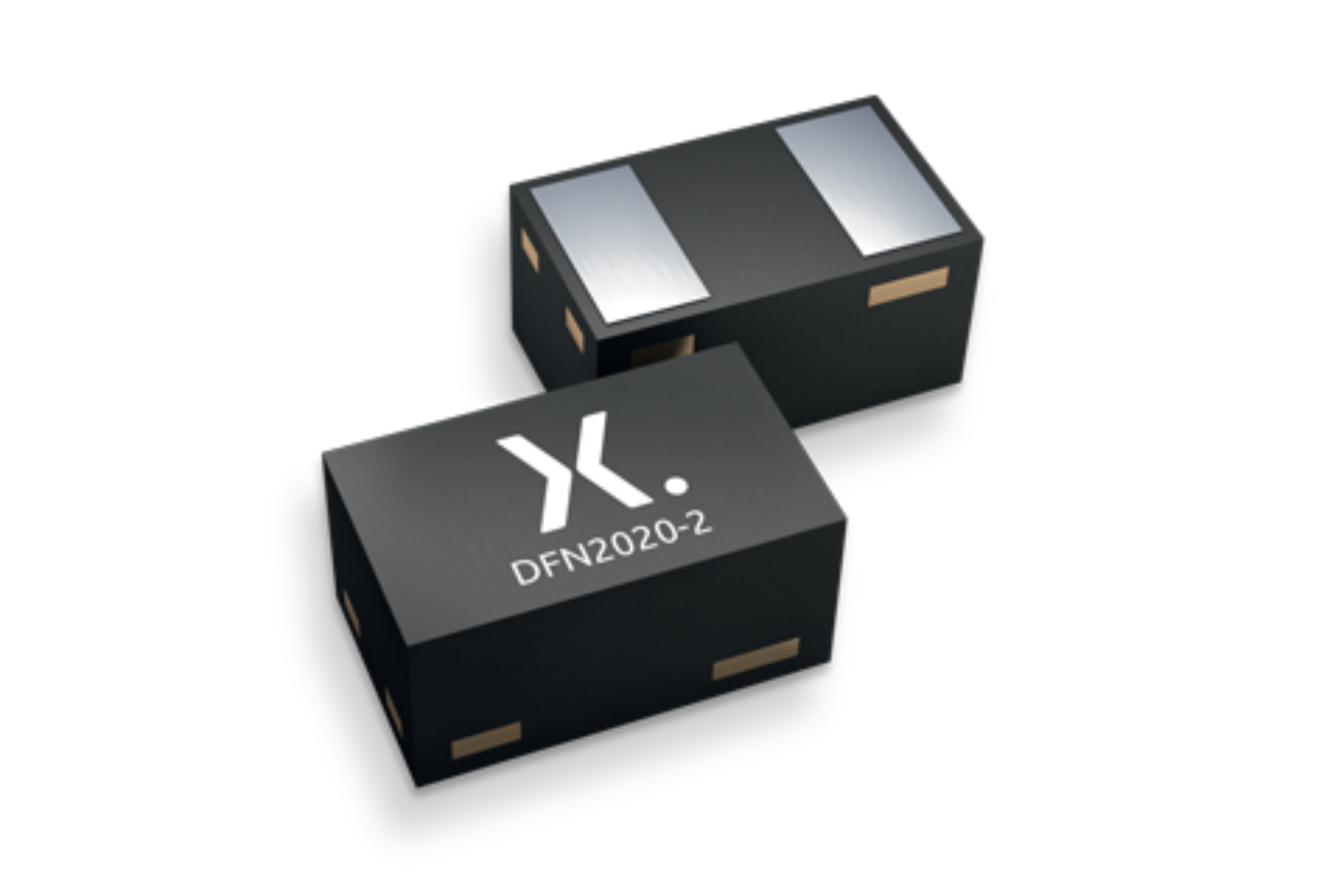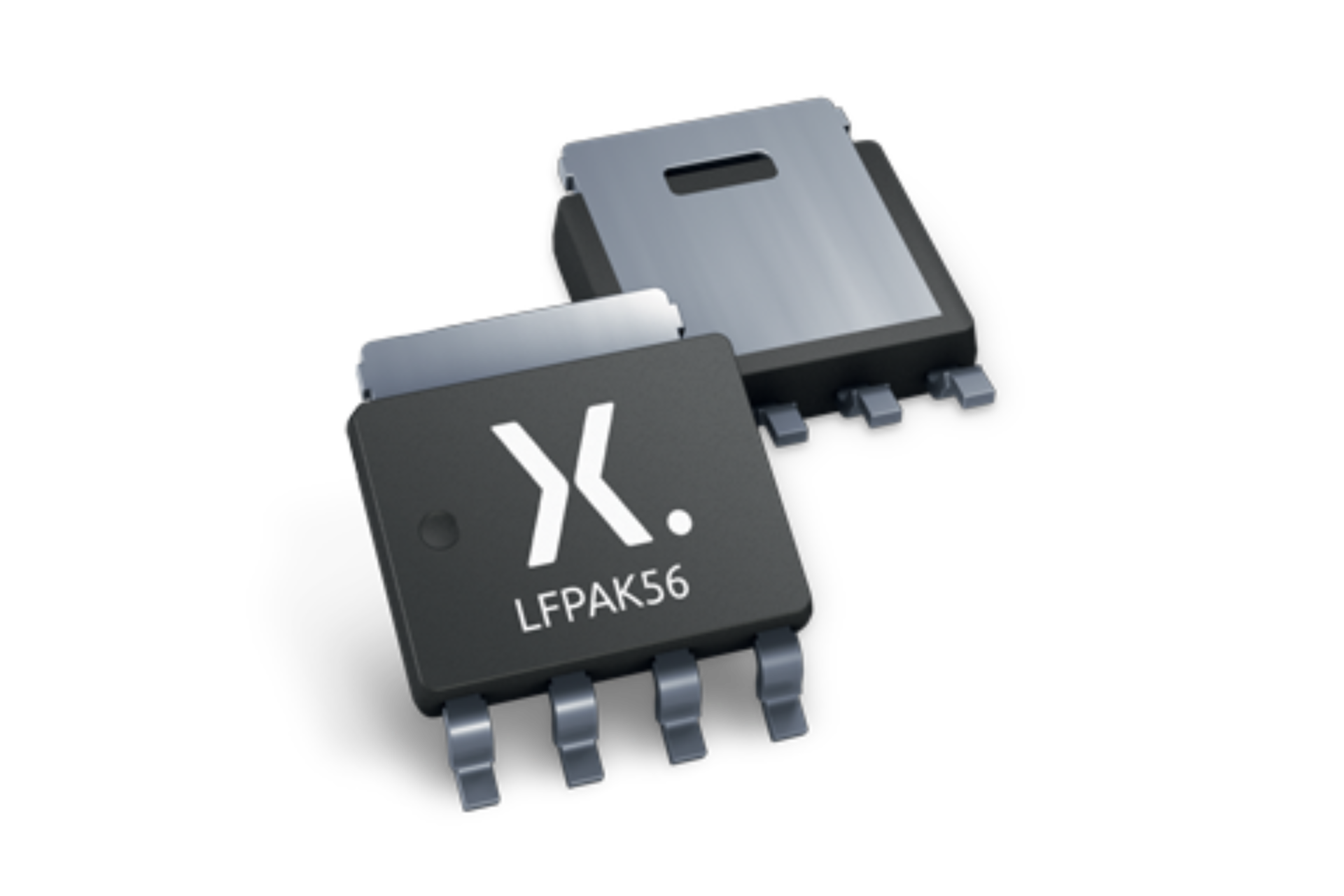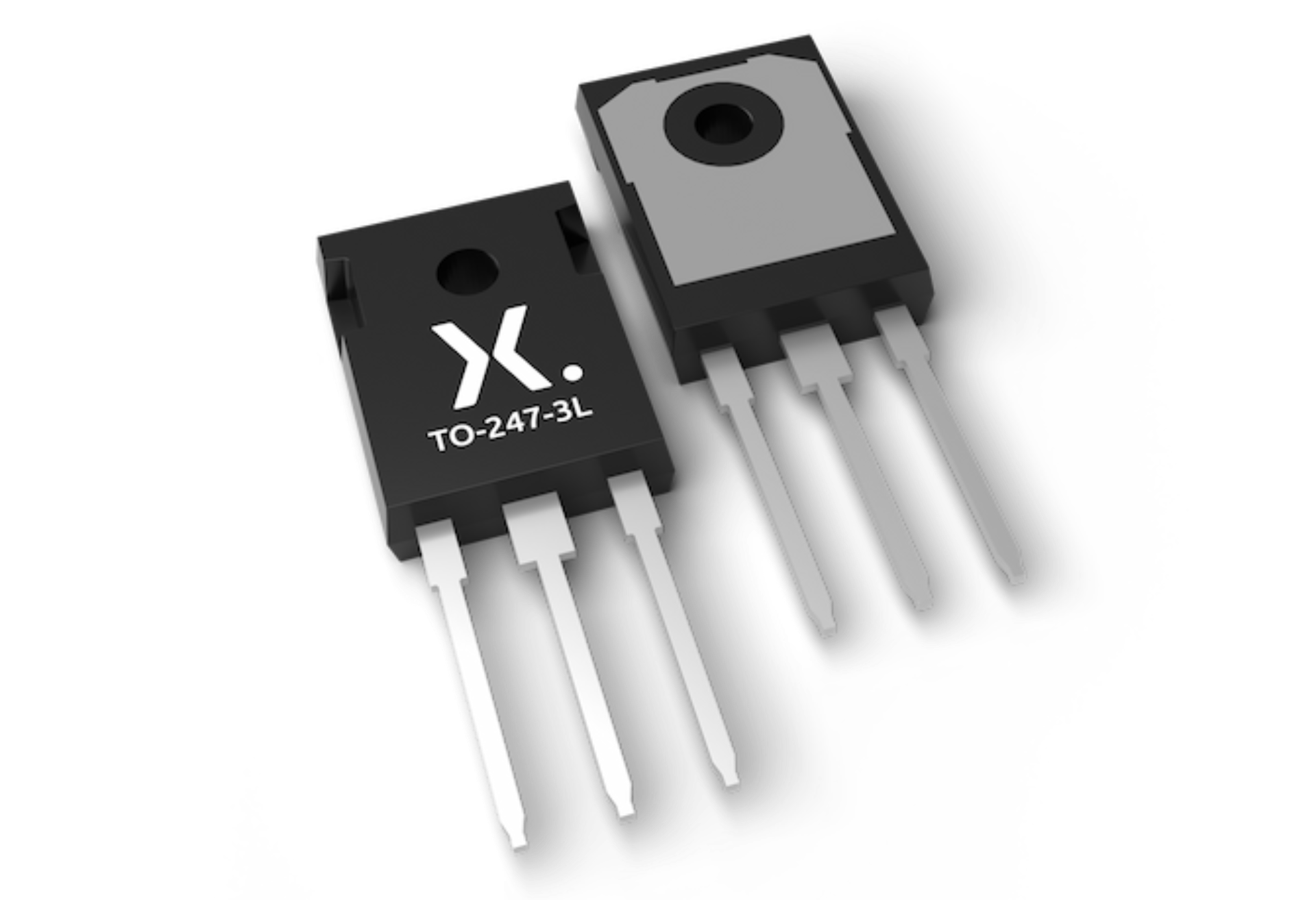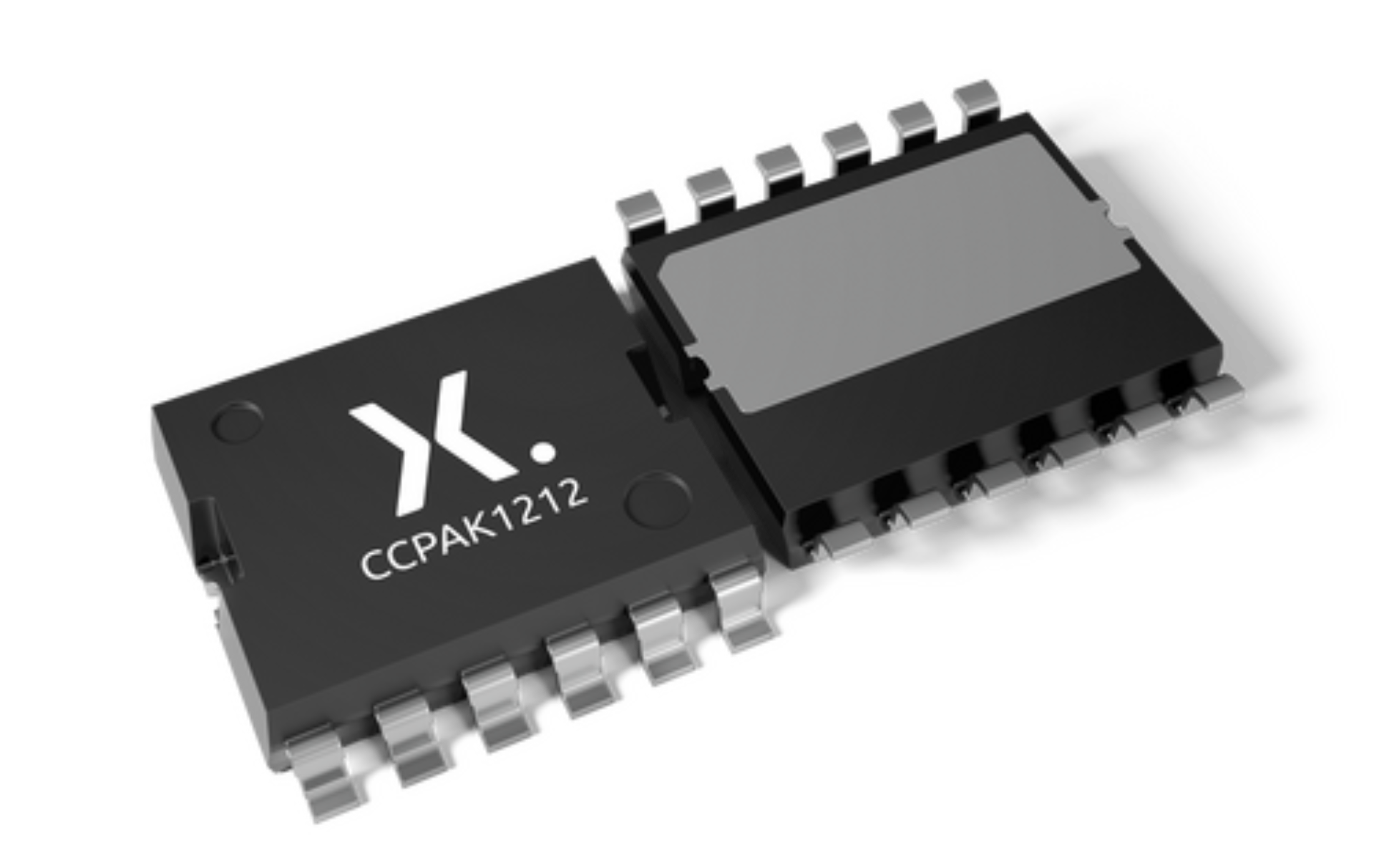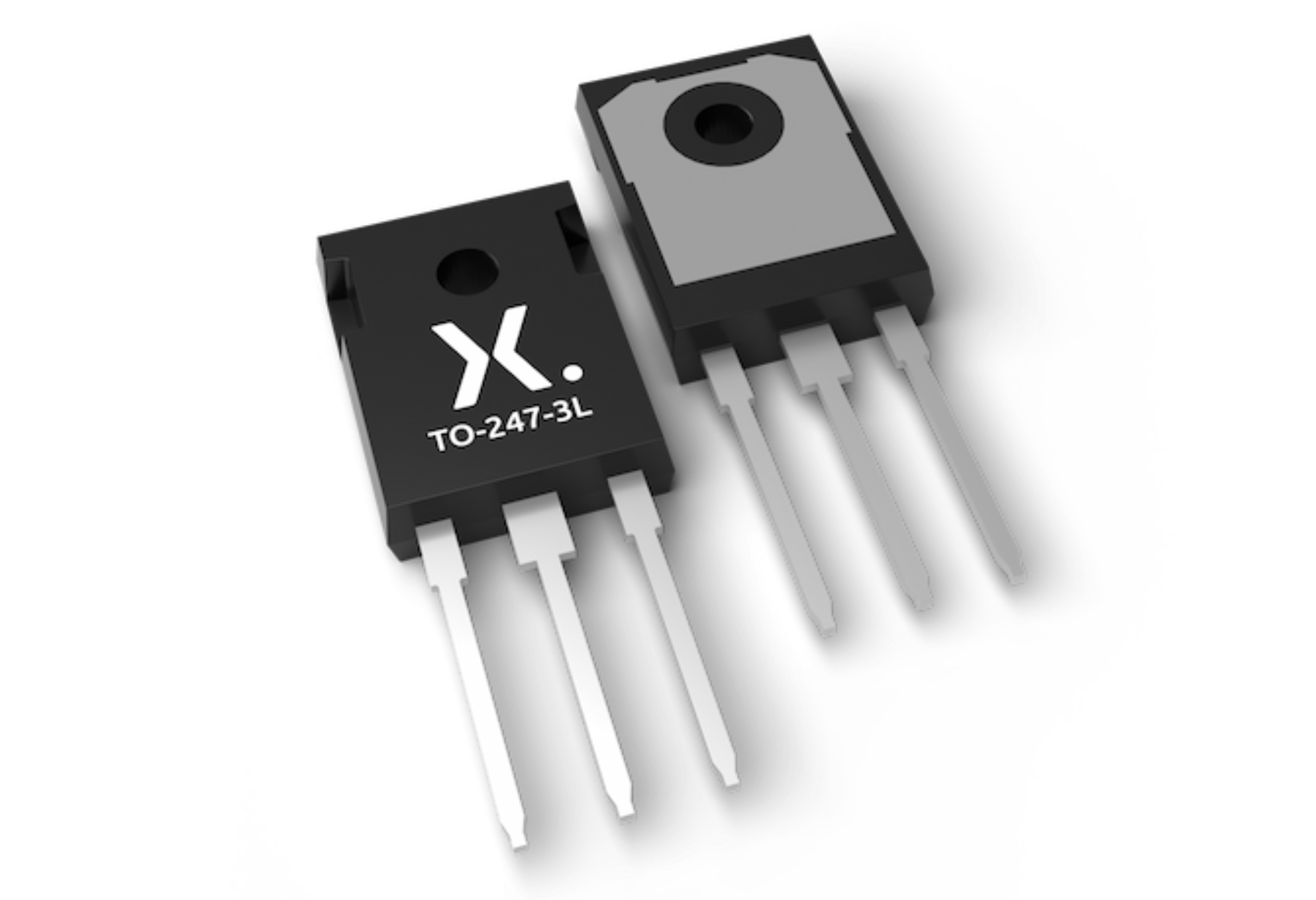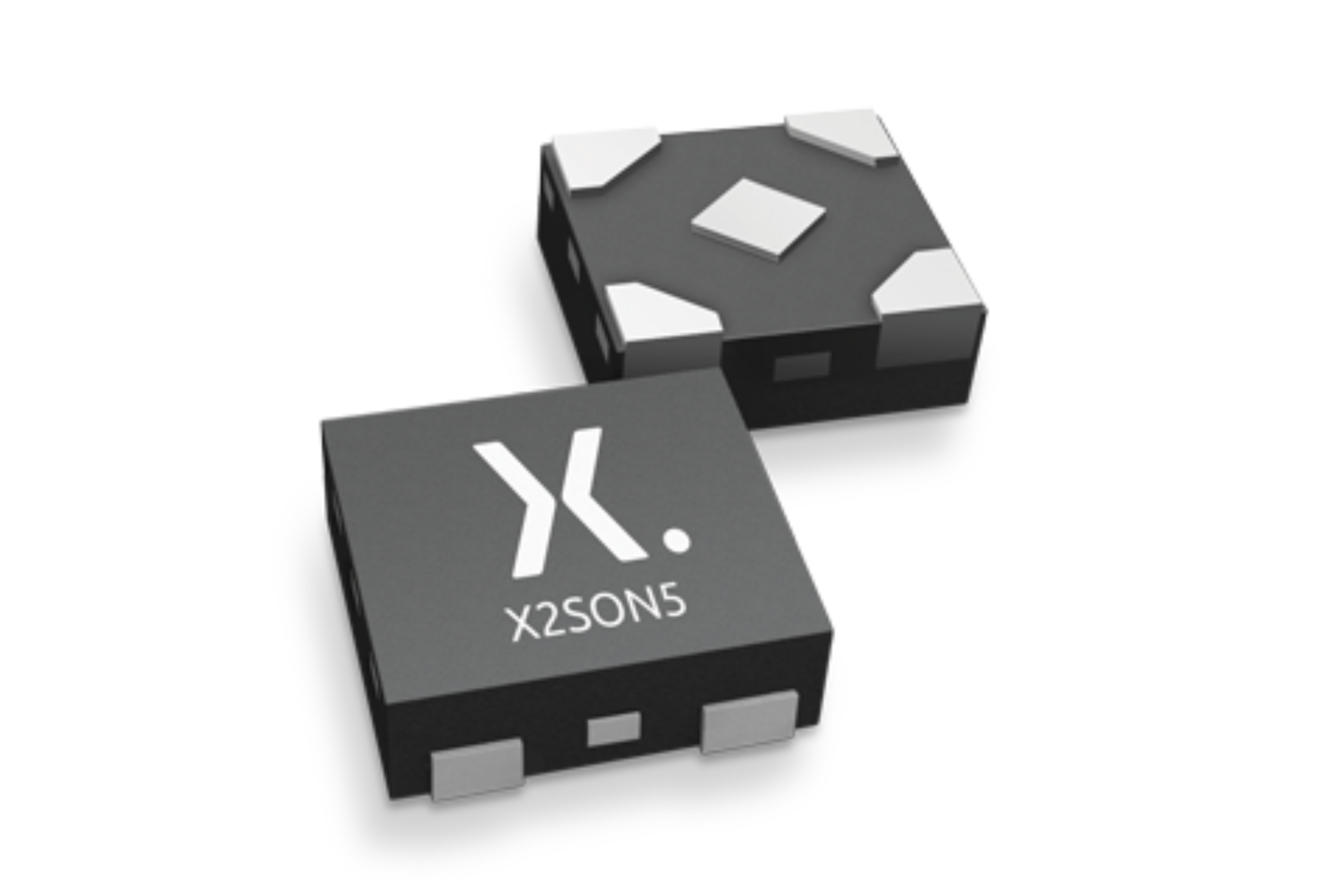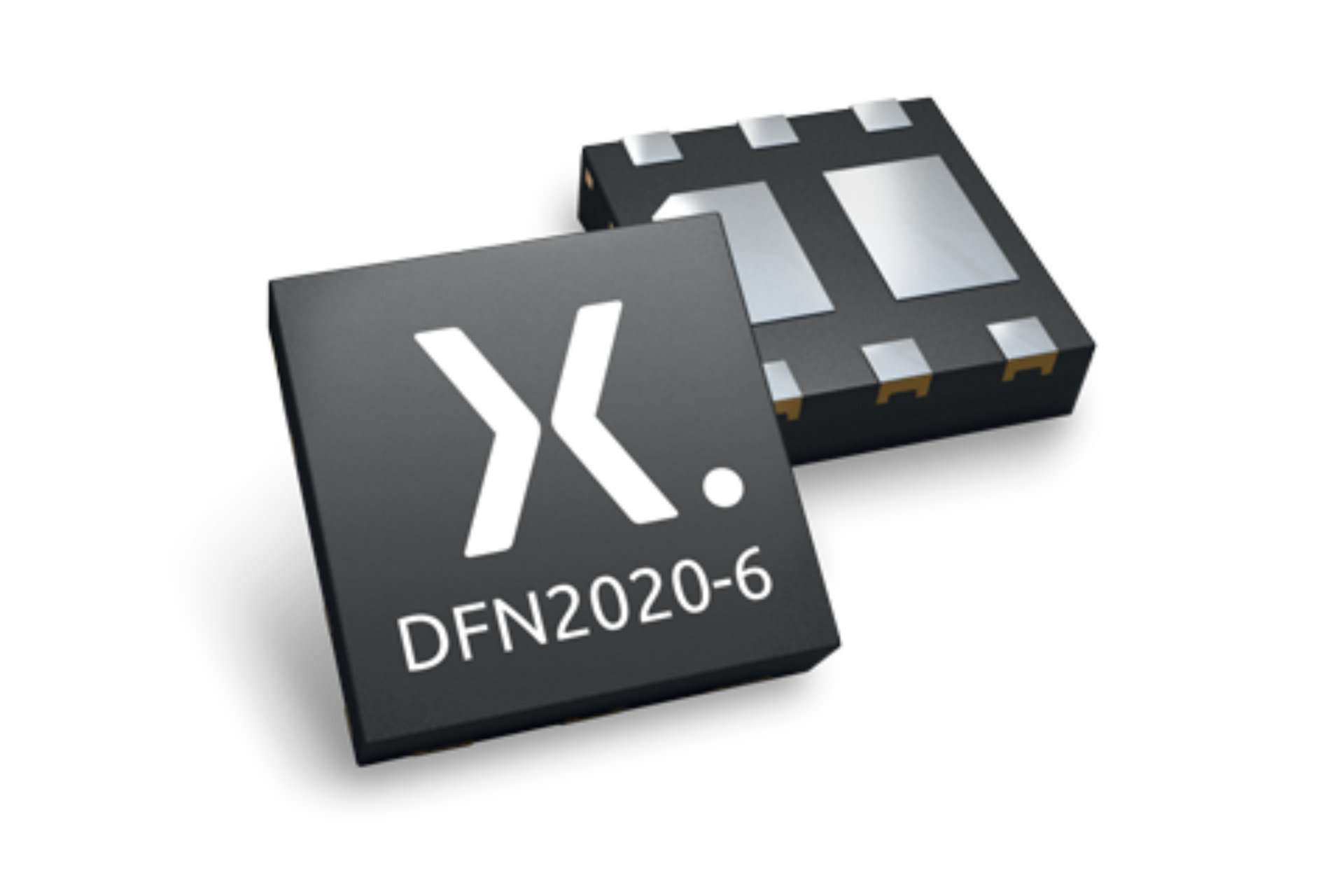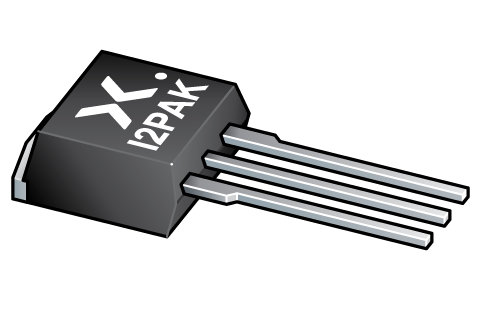
Register once, drag and drop ECAD models into your CAD tool and speed up your design.
Click here for more informationPSMN8R5-100ESF
NextPower 100 V, 8.8 mΩ N-channel MOSFET in I2PAK package
NextPower 100 V standard level gate drive MOSFET. Qualified to 175 °C and recommended for industrial & consumer applications.
Features and benefits
- Optimised for fast switching, low spiking, high efficiency
- Low QG x RDSon FOM for high efficiency switching applications
- Low body diode losses (Qrr) and fast recovery (trr)
- Strong avalanche energy rating (EAS)
- Avalanche rated & 100% tested
- Ha-free & RoHS compliant I2PAK low-height package
Applications
- Synchronous rectification in AC-to-DC and DC-to-DC applications
- Brushed & BLDC motor control
- UPS & solar inverter
- LED lighting
- Battery protection
- Full-bridge & half-bridge applications
- Flyback & resonant topologies
Parametrics
| Type number | Package version | Package name | Product status | Channel type | Nr of transistors | VDS [max] (V) | RDSon [max] @ VGS = 10 V (mΩ) | Tj [max] (°C) | ID [max] (A) | QGD [typ] (nC) | QG(tot) [typ] @ VGS = 10 V (nC) | Ptot [max] (W) | Qr [typ] (nC) | VGSth [typ] (V) | Automotive qualified | Ciss [typ] (pF) | Coss [typ] (pF) | Release date |
|---|---|---|---|---|---|---|---|---|---|---|---|---|---|---|---|---|---|---|
| PSMN8R5‑100ESF | SOT226 | I2PAK | End of life | N | 1 | 100 | 8.8 | 175 | 97 | 8.7 | 44.5 | 183 | 70 | 3.1 | N | 3181 | 551 | 2017-03-23 |
Package
All type numbers in the table below are discontinued.
| Type number | Orderable part number, (Ordering code (12NC)) | Status | Marking | Package | Package information | Reflow-/Wave soldering | Packing |
|---|---|---|---|---|---|---|---|
| PSMN8R5‑100ESF | PSMN8R5‑100ESFQ (934070403127) |
Withdrawn / End-of-life | PSMN8R5 100ESF |

I2PAK (SOT226) |
SOT226 | Not available |
Environmental information
All type numbers in the table below are discontinued.
| Type number | Orderable part number | Chemical content | RoHS | RHF-indicator |
|---|---|---|---|---|
| PSMN8R5‑100ESF | PSMN8R5‑100ESFQ | PSMN8R5‑100ESF |
|
|
Documentation (18)
| File name | Title | Type | Date |
|---|---|---|---|
| PSMN8R5-100ESF | NextPower 100 V, 8.8 mΩ N-channel MOSFET in I2PAK package | Data sheet | 2018-03-29 |
| AN10273 | Power MOSFET single-shot and repetitive avalanche ruggedness rating | Application note | 2026-02-12 |
| AN11156 | Using Power MOSFET Zth Curves | Application note | 2025-10-21 |
| AN11158 | Understanding power MOSFET data sheet parameters | Application note | 2025-10-21 |
| AN11160 | Designing RC Snubbers | Application note | 2025-09-10 |
| AN11243 | Failure signature of Electrical Overstress on Power MOSFETs | Application note | 2025-09-08 |
| AN11261 | RC Thermal Models | Application note | 2025-09-10 |
| AN11599 | Using power MOSFETs in parallel | Application note | 2016-07-13 |
| AN90001 | Designing in MOSFETs for safe and reliable gate-drive operation | Application note | 2025-09-08 |
| AN90059 | Power MOSFET gate driver fundamentals | Application note | 2025-09-10 |
| AN90063 | Questions about package outline drawings | Application note | 2025-10-22 |
| SOT226 | 3D model for products with SOT226 package | Design support | 2017-06-30 |
| Nexperia_package_poster | Nexperia package poster | Leaflet | 2020-05-15 |
| SOT226 | plastic, single-ended package (I2PAK); 3 terminals; 2.54 mm pitch; 11 mm x 10 mm x 4.3 mm body | Package information | 2020-04-21 |
| PSMN8R5-100ESF | SPICE model PSMN8R5-100ESF | SPICE model | 2017-05-15 |
| TN00008 | Power MOSFET frequently asked questions and answers | Technical note | 2025-09-10 |
| PSMN8R5-100ESF_RCthermal | PSMN8R5-100ESF thermal design | Thermal design | 2017-05-15 |
| PSMN8R5-100ESF | Flow thermal model PSMN8R5-100ESF | Thermal model | 2017-05-15 |
Support
Please contact us if you have any questions. If you are in need of design support, please fill in the technical support form, we will get back to you shortly.
Please visit our engineer exchange forum or contact us for further support.
Longevity
The Nexperia Longevity Program is aimed to provide our customers information from time to time about the expected time that our products can be ordered. The NLP is reviewed and updated regularly by our Executive Management Team. View our longevity program here.
Models
| File name | Title | Type | Date |
|---|---|---|---|
| PSMN8R5-100ESF | SPICE model PSMN8R5-100ESF | SPICE model | 2017-05-15 |
| PSMN8R5-100ESF_RCthermal | PSMN8R5-100ESF thermal design | Thermal design | 2017-05-15 |
| PSMN8R5-100ESF | Flow thermal model PSMN8R5-100ESF | Thermal model | 2017-05-15 |
| SOT226 | 3D model for products with SOT226 package | Design support | 2017-06-30 |
How does it work?
The interactive datasheets are based on the Nexperia MOSFET precision electrothermal models. With our interactive datasheets you can simply specify your own conditions interactively. Start by changing the values of the conditions. You can do this by using the sliders in the condition fields. By dragging the sliders you will see how the MOSFET will perform at the new conditions set.
